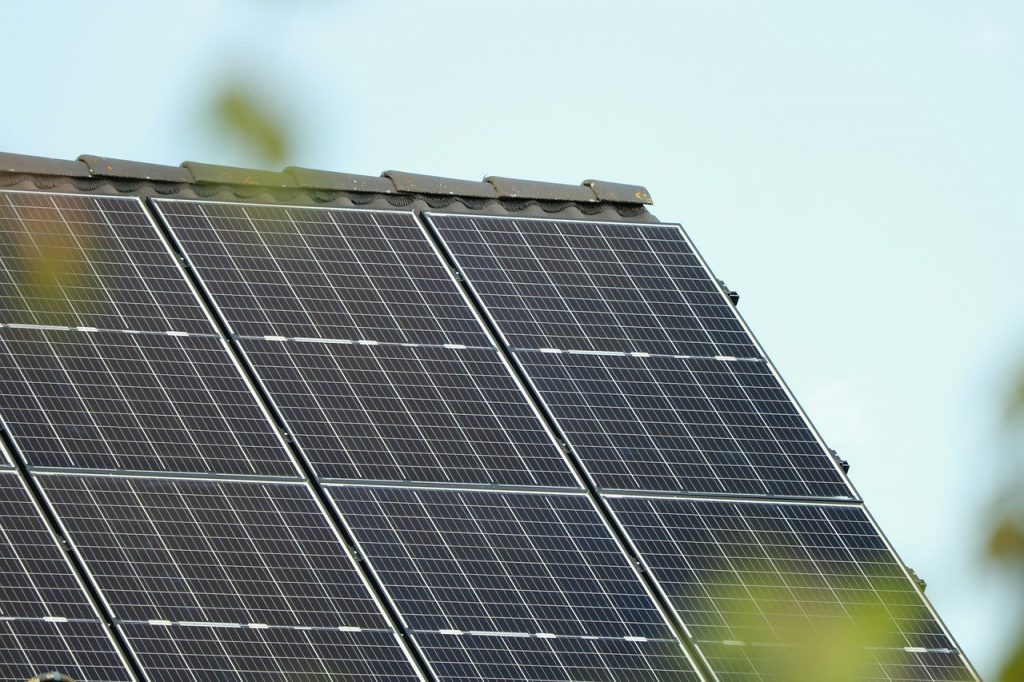
In recent years, estimates suggest that almost 2% of total US electricity generation comes from solar. This is enough power to support over 12 million American homes.
In the coming years, there will be more reasons to seek out opportunities for alternative energy sources. Solar panels represent one of the best ways to make your life a little bit greener. But with different types of solar panels available, how do you know which will be the best residential solar option for you?
In this article, we will walk you through everything you need to know about professional solar installation in your home and how to find the best solar panels for your needs.
Types of Solar Panels
There are three main types of solar panels available. These are monocrystalline, polycrystalline, and thin-film.
There are advantages and disadvantages to each of these materials. You need to find the best type of material to meet your specific needs and the characteristics of your solar system at home.
Monocrystalline panels have higher efficiency and performance. This comes at a higher cost, however. Monocrystalline solar panels are the most expensive of the three.
Polycrystalline have slightly lower costs. However, they also have lower efficiency and performance overall. This is because the silicon used to create the crystals comes from multiple crystals sourced from the earth.
Instead, the multiple crystals are melted into a mold and combined. This leads to slightly lower efficiency, however, it can still be highly effective depending on the use cases.
Finally, thin-film solar panels are generally lower efficiency and have a weaker performance. However, they can be portable and flexible. Depending on the type of building you want to install onto, this can make a lot of sense.
Which Type of Solar Panel Is Best for Me?
Ultimately you want to find a solar panel that rests within your budget and has a high enough efficiency to meet your needs. A dedicated contractor can help you determine the worth of owning solar panels on your property.
Monocrystalline panels are between 15 and 20% efficient. This makes them king above all other crystalline panels. Polycrystalline panels are generally between 15 to 17% overall efficiency.
If you have a unique setup and want to have a thin or less noticeable appearance of a set of solar panels on your home, thin-film panels may make the most sense. They are also more budget-friendly in most circumstances. If you want to dip your toes into the water of solar panels, then film panels may be the way to go.
How Solar Industry Panels Can Meet Your Needs
At the end of the day, there are three major types of solar panels available.
Depending on your needs for efficiency and your budget, a qualified contractor can help you determine the best way to start to take your home energy use green. They will walk you through the pros and cons of different types of solar panels and make a recommendation based on your budget and property.
If you enjoyed this article about the best solar panels, please check out the other articles on our blog!


